.webp)
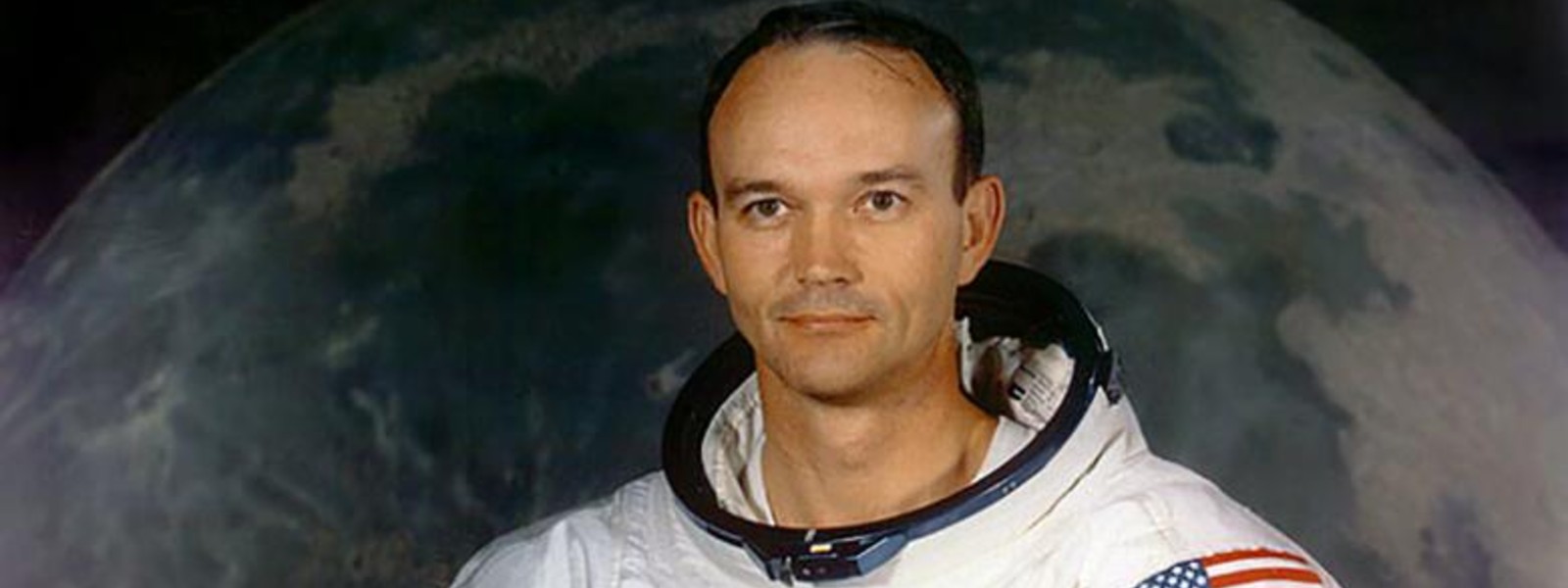
Michael Collins, Apollo 11 astronaut, has died at age 90
(CNN) Michael Collins, the NASA astronaut who was the command module pilot for the Apollo 11 mission to the moon, has died at age 90 after battling cancer.
His family shared the news Wednesday after his passing on Collins' Facebook page.
"We regret to share that our beloved father and grandfather passed away today, after a valiant battle with cancer," the statement read.
"He spent his final days peacefully, with his family by his side. Mike always faced the challenges of life with grace and humility, and faced this, his final challenge, in the same way. We will miss him terribly. Yet we also know how lucky Mike felt to have lived the life he did. We will honor his wish for us to celebrate, not mourn, that life. Please join us in fondly and joyfully remembering his sharp wit, his quiet sense of purpose, and his wise perspective, gained both from looking back at Earth from the vantage of space and gazing across calm waters from the deck of his fishing boat. Our family asks for privacy during this difficult time. Details on services will be forthcoming."
NASA, where Collins spent seven years of his career as an astronaut, also released a statement about Collins' passing.
"Today the nation lost a true pioneer and lifelong advocate for exploration in astronaut Michael Collins," said acting NASA Administrator Steve Jurczyk in a statement.
"As pilot of the Apollo 11 command module -- some called him 'the loneliest man in history' -- while his colleagues walked on the Moon for the first time, he helped our nation achieve a defining milestone.
He also distinguished himself in the Gemini Program and as an Air Force pilot.
"Michael remained a tireless promoter of space. 'Exploration is not a choice, really, it's an imperative,' he said. Intensely thoughtful about his experience in orbit, he added, 'What would be worth recording is what kind of civilization we Earthlings created and whether or not we ventured out into other parts of the galaxy.'
"His own signature accomplishments, his writings about his experiences, and his leadership of the National Air and Space Museum helped gain wide exposure for the work of all the men and women who have helped our nation push itself to greatness in aviation and space. There is no doubt he inspired a new generation of scientists, engineers, test pilots, and astronauts.
"NASA mourns the loss of this accomplished pilot and astronaut, a friend of all who seek to push the envelope of human potential. Whether his work was behind the scenes or on full view, his legacy will always be as one of the leaders who took America's first steps into the cosmos. And his spirit will go with us as we venture toward farther horizons."
Other Articles
Featured News





.png )
-785909_550x300.jpg)
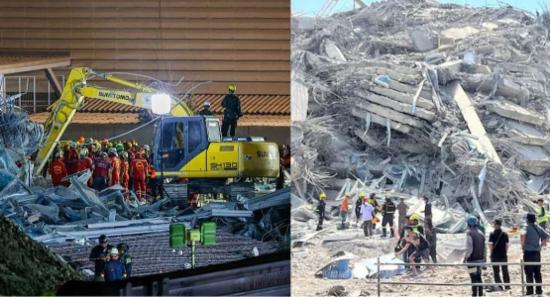
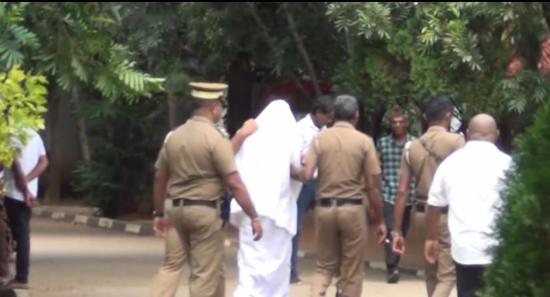

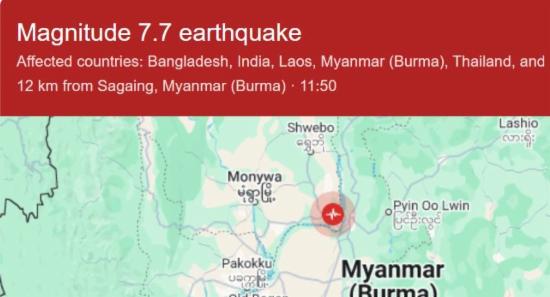
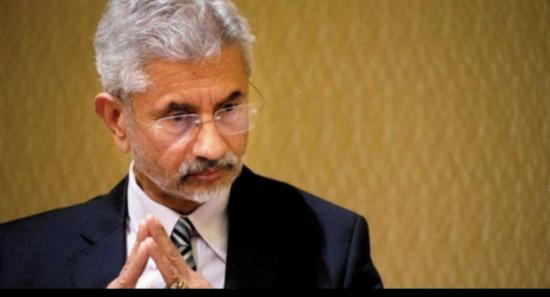


-785316_550x300.jpg)



















.gif)